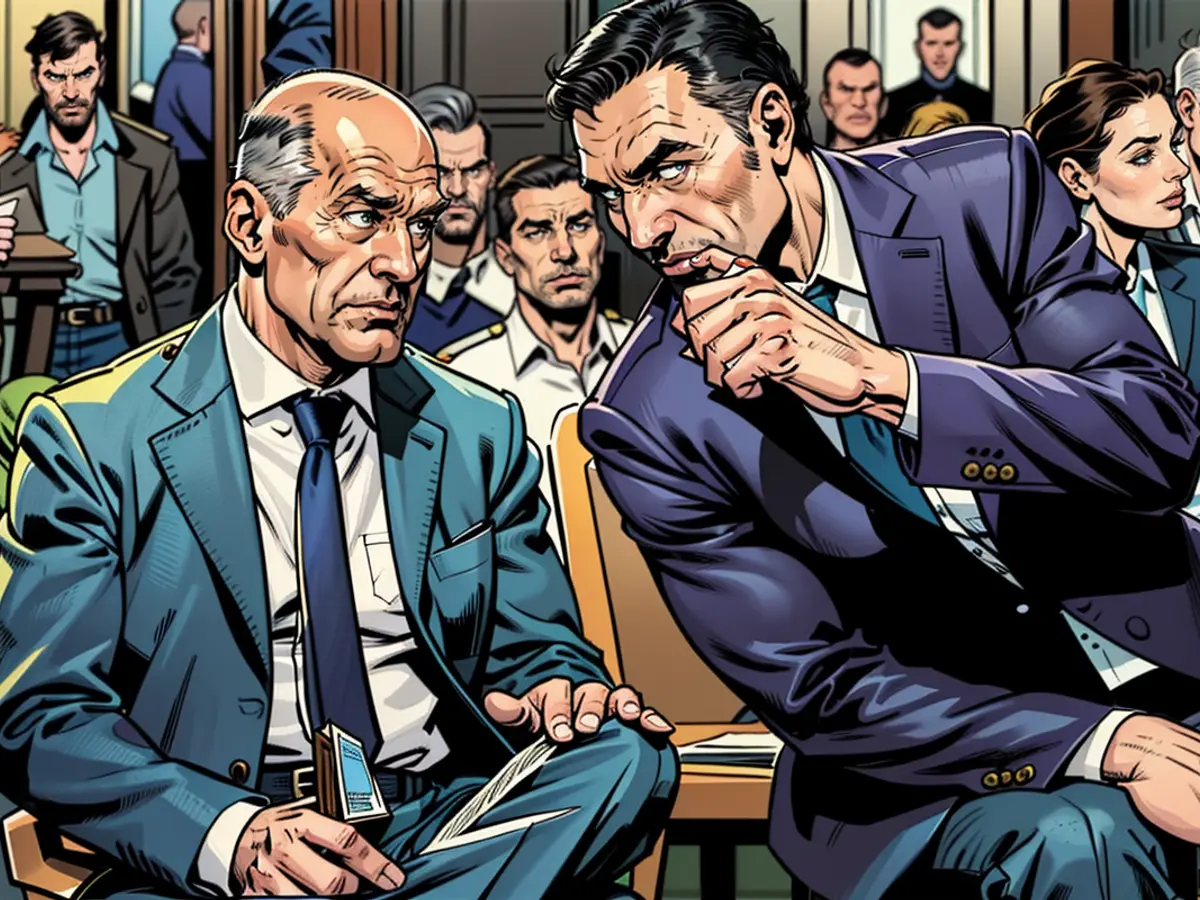EU and Serbia sign Lithium-agreement
In the presence of German Chancellor Olaf Scholz, the European Union and Serbia have concluded a deal worth several billion Euros for the extraction of a Lithium deposit.
At the signing ceremony in Belgrade on Friday, the Serbian President Aleksandar Vucic and the Vice-President of the EU Commission, Maros Sefcovic, also participated. The declaration of intent aims to enable an environmentally friendly value chain for electromobility from the extraction of the raw material to battery production in the Serbian Jadar Valley. There are some of the largest European reserves of the extremely scarce and sought-after raw material in this area.
For both sides, this raw material deal means a lot. The Serbian government aims to build a value chain for electromobility from the extraction of the raw material to battery production. This means state revenues, investments, and jobs, but also closer ties to the EU for EU membership candidate Serbia.
Germany and the EU want to reduce their dependence on China with the project. The second largest world economy controls a large part of the global extraction and processing of Lithium. China had also shown interest in the Lithium extraction in Serbia, with President Xi Jinping visiting Belgrade in May. The fact that Europeans have managed to secure the project despite this is being celebrated as a major success by the German side, which may also have repercussions for other raw material projects.
The project is however highly controversial. Environmental activists criticize, among other things, that Lithium mining contaminates groundwater with heavy metals and thus poses a threat to the drinking water supply of the local population. In addition, there are legal concerns. The Serbian government had only recently cleared the way for the project. It referred to a judgment of the Constitutional Court, which reversed the stoppage of the Lithium project in 2022. The independence of the court is being questioned by the project's critics.
The European Union and Serbia's Lithium-Agreement is significant for Serbia's aspirations to establish an electromobility value chain, encompassing raw material extraction and battery production in the Jadar Valley. This could potentially bring significant state revenues, investments, and job opportunities, as well as strengthen EU ties for Serbia, an EU membership candidate.
Despite the agreement's potential benefits, it's met with criticism from environmental activists, who argue that Lithium mining can contaminate groundwater with heavy metals, posing a risk to the local population's drinking water supply. Legal concerns also arise, as the Serbian government recently cleared the project's path, a decision that some question due to the court's independence.








